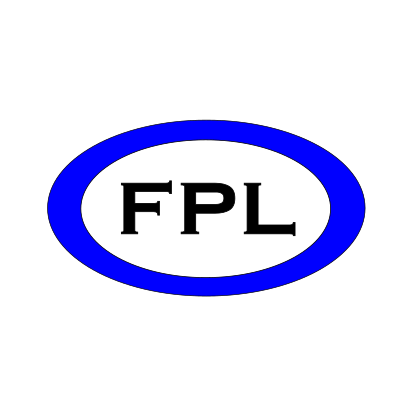Streamlining Critical Operations with On-Premise, Ultra-Low-Overhead Compute
Background
A large enterprise client, responsible for sensitive data processing and mission-critical applications in a highly regulated sector, faced escalating challenges with its legacy compute infrastructure. Relying on traditional virtual machines (VMs) and commercial container platforms, the organization observed significant operational overhead. Resource contention, ballooning software licensing costs, and the inherent abstraction layers of existing solutions led to suboptimal compute density on their bare-metal servers. Furthermore, stringent security compliance requirements for handling sensitive workloads presented continuous hurdles with complex cloud integrations, driving a strategic need for self-hosted, fully controllable infrastructure.
The Shroud Solution
Seeking a robust, performant, and sovereign compute solution, the client evaluated Future Present Labs’ Shroud. Shroud, an orchestration layer built on Firecracker microVMs, presented a compelling alternative to conventional virtualization. Its design prioritizes bare-metal efficiency, security, and a minimalist footprint. The client deployed Shroud across its on-premise server fleet, migrating critical workloads into isolated microVMs managed by Shroud’s lightweight Rust daemon. Shroud’s architecture inherently supported the organization’s need for air-gapped deployments and direct control over its entire compute stack.
Results
The implementation of Shroud yielded quantifiable improvements across key operational metrics:
- Increased Workload Density: The client achieved a 30% increase in critical workloads running per server, directly translating to more efficient hardware utilization. This was attributed to Shroud’s sub-100ms microVM boot times and significantly lower per-instance overhead compared to traditional VMs (typically 50-70MB RAM vs. 200MB+ for a minimal traditional VM) and container runtimes.
- Reduced Total Cost of Ownership (TCO): By maximizing existing bare-metal investments and eliminating the need for expensive commercial hypervisor licenses and complex cloud integration fees, the organization realized a substantial reduction in operational expenditure and long-term TCO.
- Enhanced Security & Compliance: The strong isolation boundaries provided by Firecracker microVMs, combined with Shroud’s focus on self-hosted, auditable infrastructure, streamlined compliance efforts for sensitive data handling. The ability to vend pre-compiled, signed binaries of all dependencies further simplified supply chain security in air-gapped scenarios.
The transition provided the client with predictable performance, a higher degree of operational control, and a compute platform fully aligned with its stringent security mandates, without compromising agility.
“Shroud enabled us to take back control of our compute. The performance gains were immediate, but the real win was the simplicity and confidence it brought to managing our sensitive workloads on our own terms.” — IT Operations Lead, Large Enterprise Client
Key Takeaways
- Efficiency: Achieve higher workload densities by minimizing compute overhead.
- Sovereignty: Maintain complete control over data and compute on bare metal, eliminating cloud vendor lock-in.
- Security: Leverage strong microVM isolation and auditability for regulated and air-gapped environments.
- Cost Control: Optimize hardware utilization and reduce recurring software/cloud expenditures.
